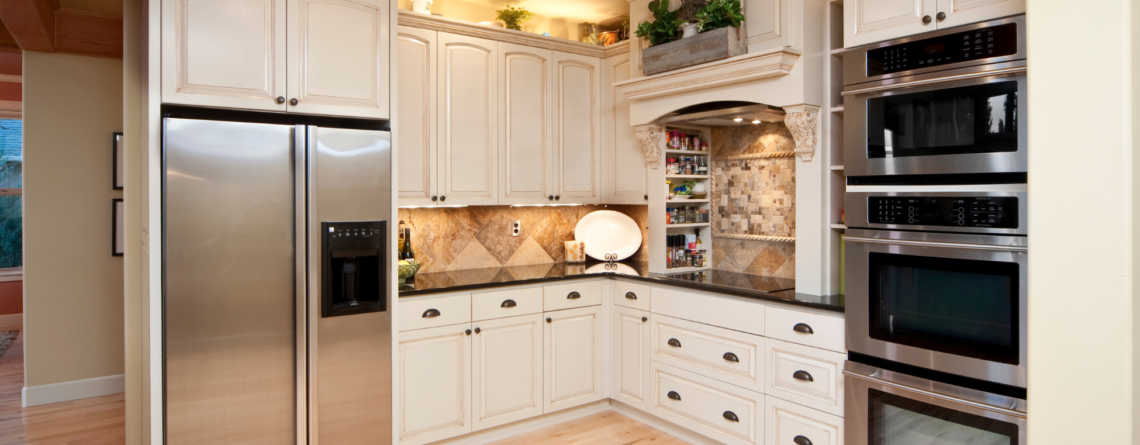Energy Improvements – How to Save Money and Be More Comfortable
It’s a seller’s market, and if you’re thinking of selling, one way to be successful is to make your home more energy efficient. Even if you’re not thinking of selling, it’s nice to have your home remain comfortable without high utility bills.
In real estate lingo, the first “improvement” to a piece of property is adding a structure (your home). Once that’s done, improvements that make your home more energy efficient can reduce your costs and increase your comfort. From minor repairs to major retrofits, when you’re looking to lower your utility bills it’s important to evaluate whether the changes you make are worth the time and money.
Sometimes it’s easy to figure out. One of the cheapest and best ways to improve your home’s energy efficiency is to keep cool air in during summer and warm air in during the winter. So, if your home is poorly insulated, add insulation! Weather stripping doors and installing dual pane windows can also prevent you from air conditioning (or heating) the outdoors.
How do you know if your home is well insulated? If your home is more than 20 years old, consider hiring a licensed professional to check it out. If you’re not sure whom to call, get in touch with your realtor and they can recommend a reputable company. As for weather stripping, in winter if you feel a draft or have cold spots in your home, you probably need to caulk your windows and add weather stripping around your doors.
Improvements come in all shapes and sizes. On the interior, consider replacing old appliances that guzzle gas or electricity. New appliances are now marked with Energy Star ratings (www.energystar.gov), so you know if you’re getting a good one. High efficiency heating and cooling systems can also save you a bundle. Other indoor improvements include installing fluorescent lighting, low flow toilets, and on-demand water heaters. As with anything, there are pros and cons for each option.
Some people don’t like fluorescent lighting. Lighting can help set a mood, and fluorescents may not be your thing. Low-flow toilets and on-demand water heaters are pricey to install, but they pay for themselves over time. That is, unless you have a son like mine. After installing an on-demand water heater, I learned that my son used our old water heater as a timer for his shower. When the hot water ran out, he ended the shower. With the on-demand system, that kid can be in the shower all day. So, choose your energy upgrades wisely.
Whole-house fans, solar chimneys, and skylights are other excellent options. A whole-house the fan uses powerful suction to pull air from inside your home, creating cooling circulation and replacing hot, inside air with cooler outside air. A solar chimney (also called a thermal chimney) uses passive solar energy to similarly pull hot air out of the house and replace it will cooler outside air. Basically, you add a black vertical shaft with thermal mass (something that absorbs and retains heat – a chimney) to the outside of your home. During the hot part of the day, the sun heats the air inside the chimney. When the outside air is cooler, you can open the chimney vent, release the hot air, and pull cool air into the house. Skylights are wonderful for a couple reasons. In addition to using the sun rather than electricity to light your home, if you happen to have a three-story house, the tube-like skylights can double as mini-solar chimneys, sucking hot air out of the house at night. The downside of skylights is that a tube that lets in light can also allow hot/cold air to escape. So, be clear that the reduced electricity may be offset by the loss of insulation. As long as you are not putting in skylights for solely economic reasons, they’re great.
Next time I’ll write about exterior energy improvements. If there’s something you’d like me to write about or if you have questions about real estate or property management, feel free to contact me at rselzer@selzerrealty.com or visit our website at www.realtyworldselzer.com. If you’d like to read previous articles, visit my blog at www.richardselzer.com. Dick Selzer is a real estate broker who’s been in the business for more than 35 years.






